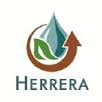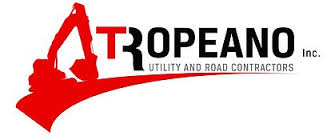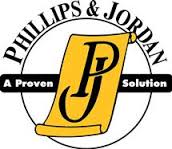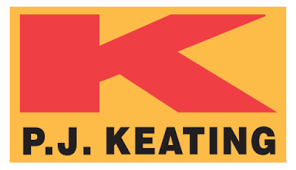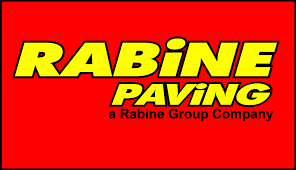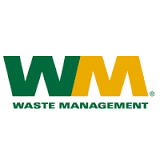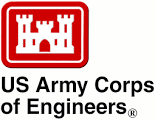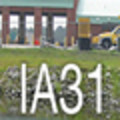California CA Industrial Awareness Program
California Industrial Stormwater Awareness Program Overview
This course is designed to cover some of the key components necessary for an industrial facility to develop and maintain a robust stormwater program under the California Industrial General Permit (IGP). This course also provides the following:
- An introduction to the California Industrial General Permit (IGP), the Storm Water Pollution Prevention Plan (SWPPP), and the timeline for compliance.
- Industrial Best Management Practices (BMPs) from selection to implementation to maintenance of a BMP.
- Inspection requirements of the Industrial General Permit (IGP), observations needed and BMP deficiencies.
- Sampling requirements, planning, analysis, monitoring requirements, visual observations and water quality samples.
- How a stormwater program and a Storm Water Pollution Prevention Plan (SWPPP) is an iterative process and reporting requirements using the online SMARTS system.
- Recordkeeping and reporting requirements for the monitoring program.
- Training required, risks of non-compliance and the keys to compliance.
Intended Audience
-
Owners/operators
-
EHS Directors/Managers
-
EHS specialists
-
Plant Managers/Operators
-
Regulatory Inspectors
-
Environmental Consultants and Project Managers
-
Industrial SWPPP Preparers/Inspectors
-
BMP Maintenance Contractors
Curriculum: California General Industrial Stormwater Awareness
This course is designed to cover some of the key components necessary for an industrial facility to develop and maintain a robust stormwater program under the 2015 California Industrial General Permit (IGP).
Course Demos
Learning Objectives
- Define the regulatory requirements for ongoing compliance under the California Industrial General Permit (IGP);
- Identify minimum and advanced BMPs, BMP goals, and maintenance needs for an Industrial Stormwater program;
- Plan for qualified storm events, and identify sampling requirements, Total Suspended Solids (TSS), pH, and oil and grease;
- Document BMP deficiencies and how the iterative process for BMP improvement works as a permit requirement;
- Conduct sampling observations, field pH analyses and evaluate inspection and sampling results for compliance with Numeric Action Levels (NALs) to improve;
- Record, track and log SWPPP updates as part of the recordkeeping requirements;
At the Completion of This Program You Will Receive
- 1.5 PDHs
- Embossed Wall Certificate
- Hardhat Decal
- Signed Congratulations Letter
- Stormwater ONE Logo for your Business Card and Website (Available on the Credential Validation Page)
- Resume Enhancer (Available on the Credential Validation Page)
I have more confidence...
The course was very good at speaking of topics that can get quite technical in a way that most would find understandable. The topics within the course are very relevant to the project I am on and now I feel like I have more confidence with being the environmental compliant inspector. Who can ask for much more than that!?! No complaints.
John K.
Committed Clients:





